Dooming humanity in The Solus Project, a story-driven survival game
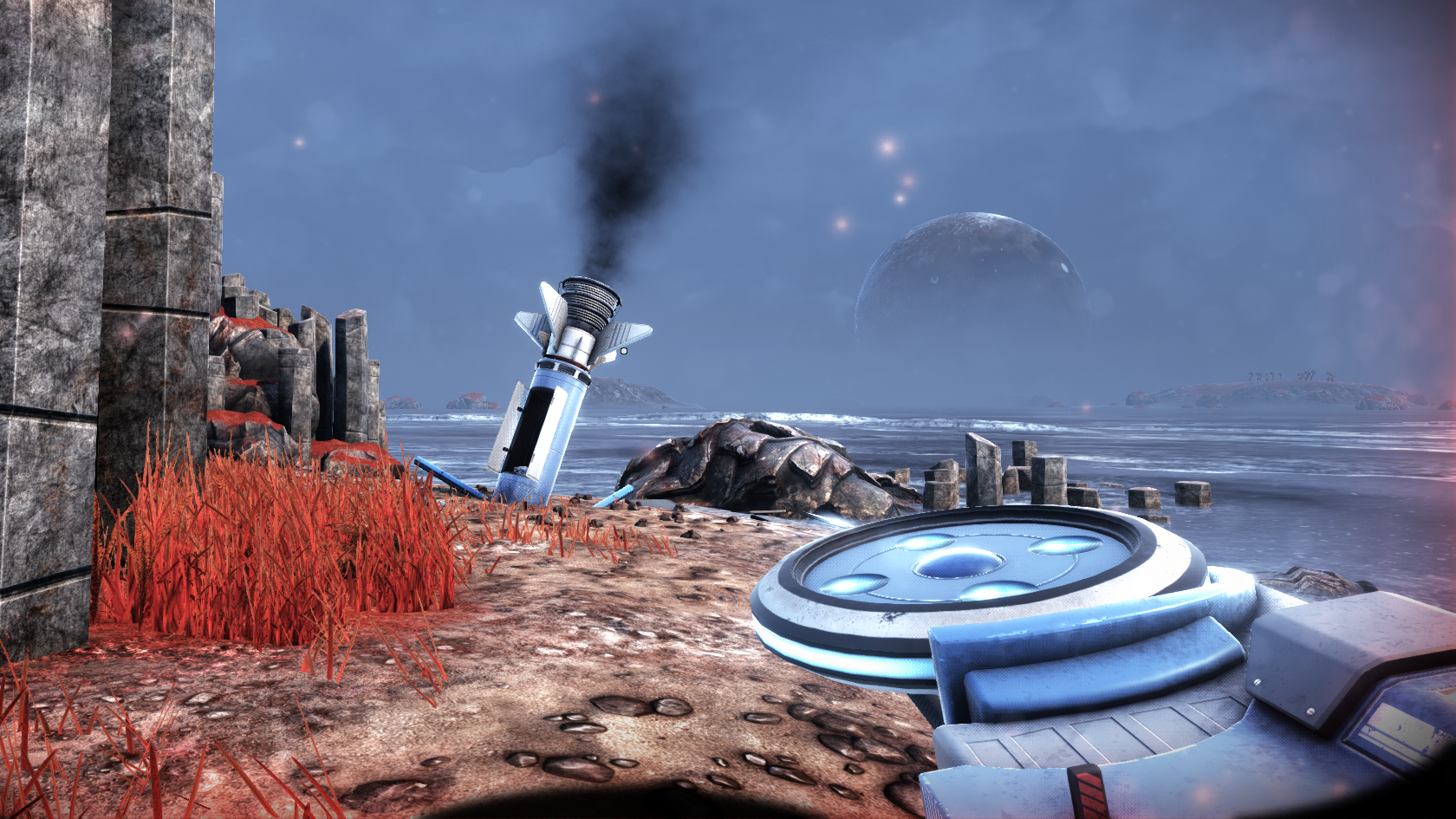
The fate of humankind depends on me, which is deeply unfortunate. Mere minutes after crash-landing on an alien planet I've already fallen to my death from a ladder, shrieked in fright at a harmless plant rustling its leaves, and sipped chunky yellow goo from what appears to be an alien toilet bowl. Look, humankind, you picked the wrong savior. This is on you.
After a rogue star waltzed through our solar system and wiped out the Earth, the human race, which had retreated to Pluto, sent out five scout ships to find humanity a new home. In The Solus Project, a first-person adventure and exploration game in Early Access, you've crashed one of them and have to survive the new world (in VR if you like).
This isn't a typical survival game, though. You do need to eat, drink, and stay warm and dry, and while there is some light crafting in the couple hours I spend playing, I don't have to cut down any goddamn trees. I do bash a rock against another rock to create a sharp rock, but only once and not, say, 400 times. I also find a pipe, then some hanging vines, then wrap the vines around the end of the pipe to craft a makeshift torch. I suddenly wonder if I can light it using the still-burning rocket engine lying in my ship's wreckage, and am pleased to discover I can. It's always nice when you have a logical thought and it turns out to actually work.
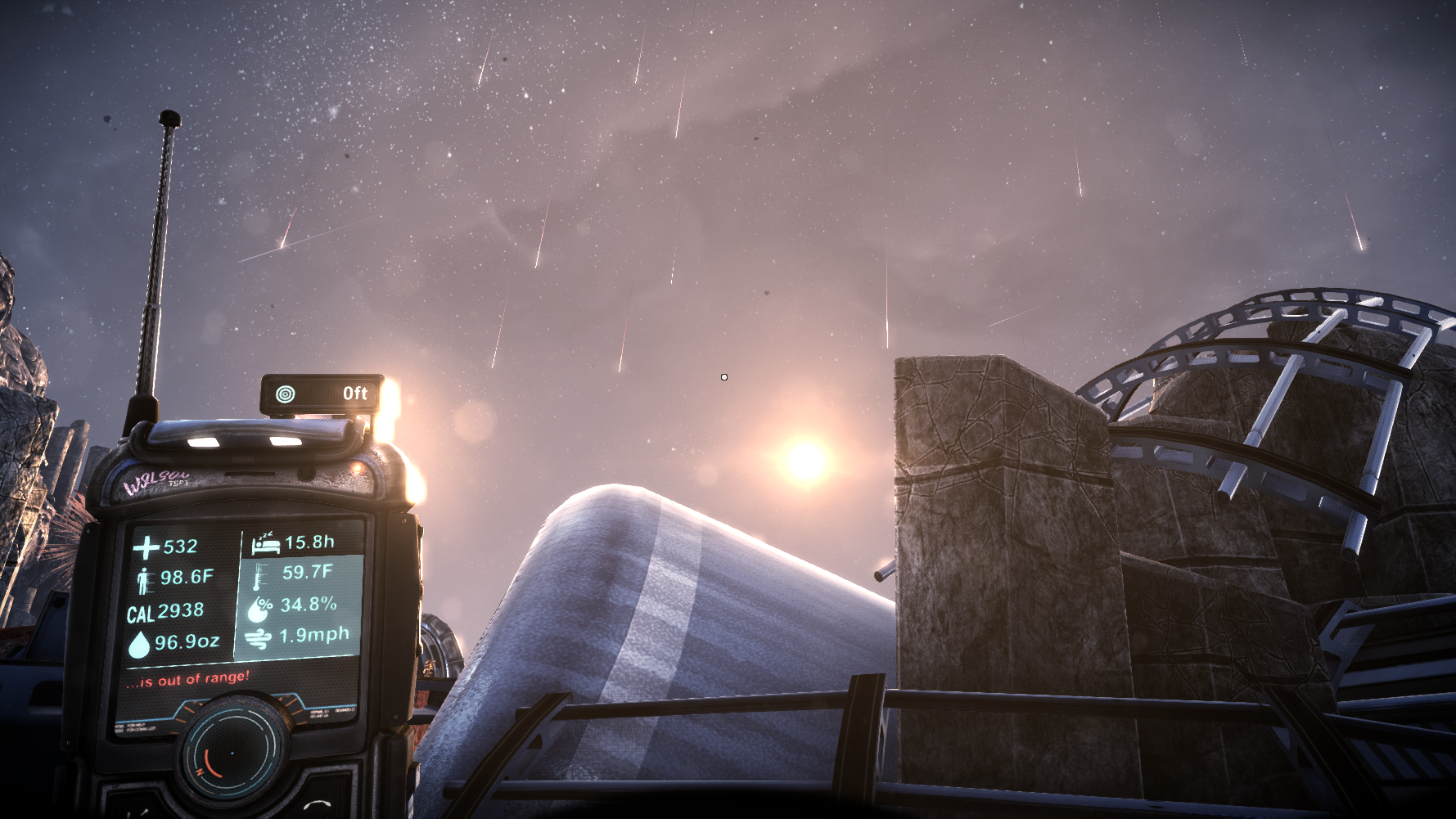
Unfortunately, I've apparently skipped ahead in the tutorial and can't progress until I craft another torch (though this time I also soak it in oil) and light it the same way. All the crafting and inspecting of items is done via a handheld gadget. The same gadget identifies food and water sources and gives me information about my status: my temperature, my level of hunger and thirst, how long I have until I'll need to sleep. It's surprisingly mum on certain things, like giant terrifying alien plants that open when I walk near them, exposing what looks like a cluster of eyeballs.
The focus of Solus Project isn't sheer exploration and endless survival: there's a linear story and mystery that's intended to take about ten hours to complete. You can wander freely on the surface, which I do, hunting for materials to use so I can radio the remaining earthlings and let them know that I blew up one-fifth of our spaceships. I eventually find a cave, and using a short-range teleporter (it fires a disc you can blip yourself onto, like in Unreal Tournament) I bypass some wreckage and enter. My mission is to investigate mysterious sounds coming from the caverns, which sounds like a terrible idea.
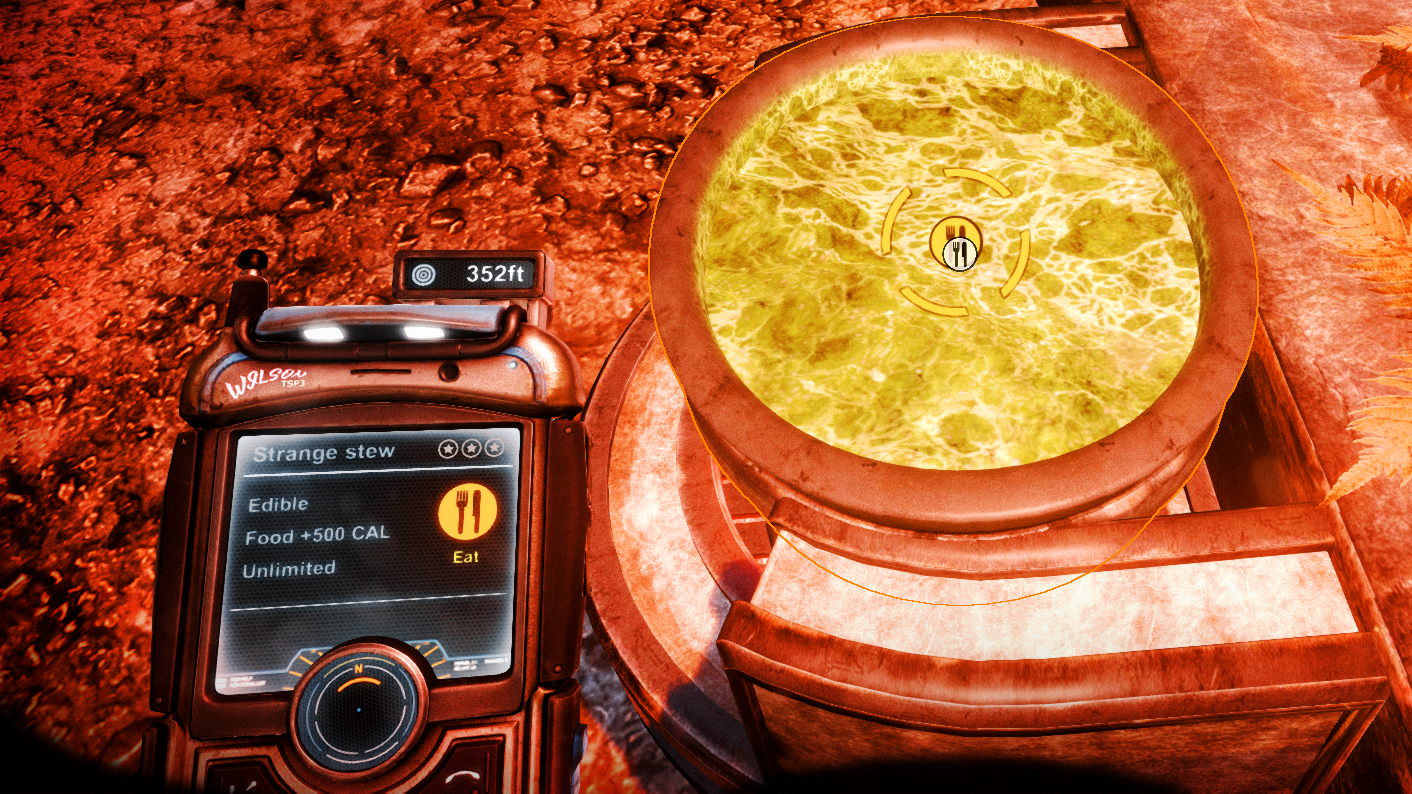
The caverns are more linear than the surface, each leading to the next as you begin uncovering alien artifacts, tablets with hieroglyphics, and solve a few simple puzzles to bypass gates. It can be spooky as hell down there, especially when I need to lower my torch to use another item and I'm plunged into darkness. There are also... things down there. Startling things. I'm glad my radio isn't built yet because everyone on Pluto would just hear a bunch of swear words.
I die after trying to climb down a ladder. Well, I die trying to figure out how to climb down a ladder. Turns out the proper way is by walking straight down it, facing the distant floor, while holding a phone in one hand and a torch in the other which doesn't really strike me as possible unless my astronaut has incredibly strong, prehensile toes. Someone playing this in VR is gonna barf, I can feel it. Also, the message upon dying is maybe the meanest thing a video game has ever said to me.
The biggest gaming news, reviews and hardware deals
Keep up to date with the most important stories and the best deals, as picked by the PC Gamer team.
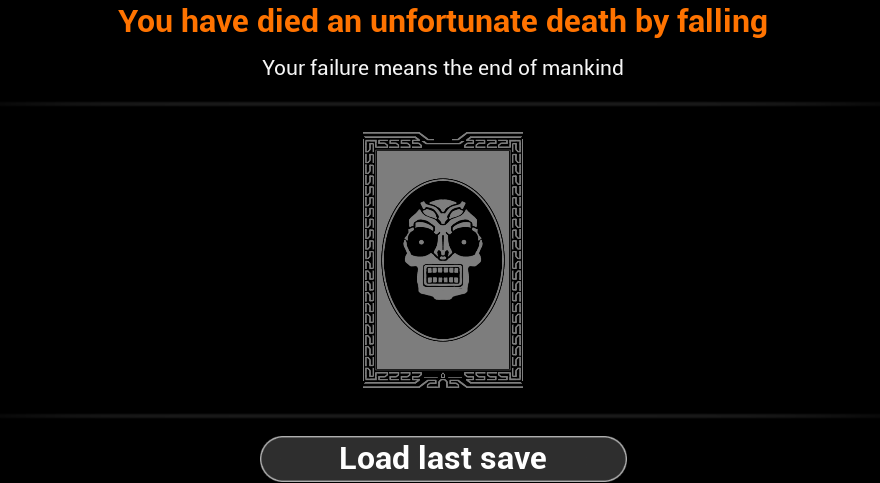
Solus Project has a ton of atmosphere. While underground there were a number of rumbling planetquakes that left me frozen and wide-eyed, wondering if I'd have to suddenly flee if the cave began to collapse on my head. Back on the surface I witnessed a violent meteor storm that lit up the sky and sent huge burning rocks plummeting into the ocean. The view outside is beautiful, with the planet's moons slowly spinning across the horizon as the day turns into night. I think a lot of VR time is going to be spent just gawking at the sights.
I'm only a couple hours in, but it's an unusual and interesting game. A bit open world, a bit survival, a bit puzzle game, but with a linear story you're meant to finish. I was playing on easy, which makes hunger and thirst less of a problem to manage. I recommend this approach because while I like the idea of trying to stay warm and dry, eating and drinking and having to sleep doesn't feel like it adds a lot to the experience, other than more time spent walking specifically to gather food. You already spend plenty of time walking.
According to the developers, Solus Project is essentially done and they're just doing some testing and tweaking, but I'm hoping they improve player movement before it leaves Early Access. Especially for a VR game, you need to make sure players can clearly identify what they can and can't walk on, and avoid them getting suck and having to repeatedly jump to free themselves. As it is now, getting around isn't frustrating but it can occasionally feel a bit awkward.
The Solus Project is available on Steam Early Access.
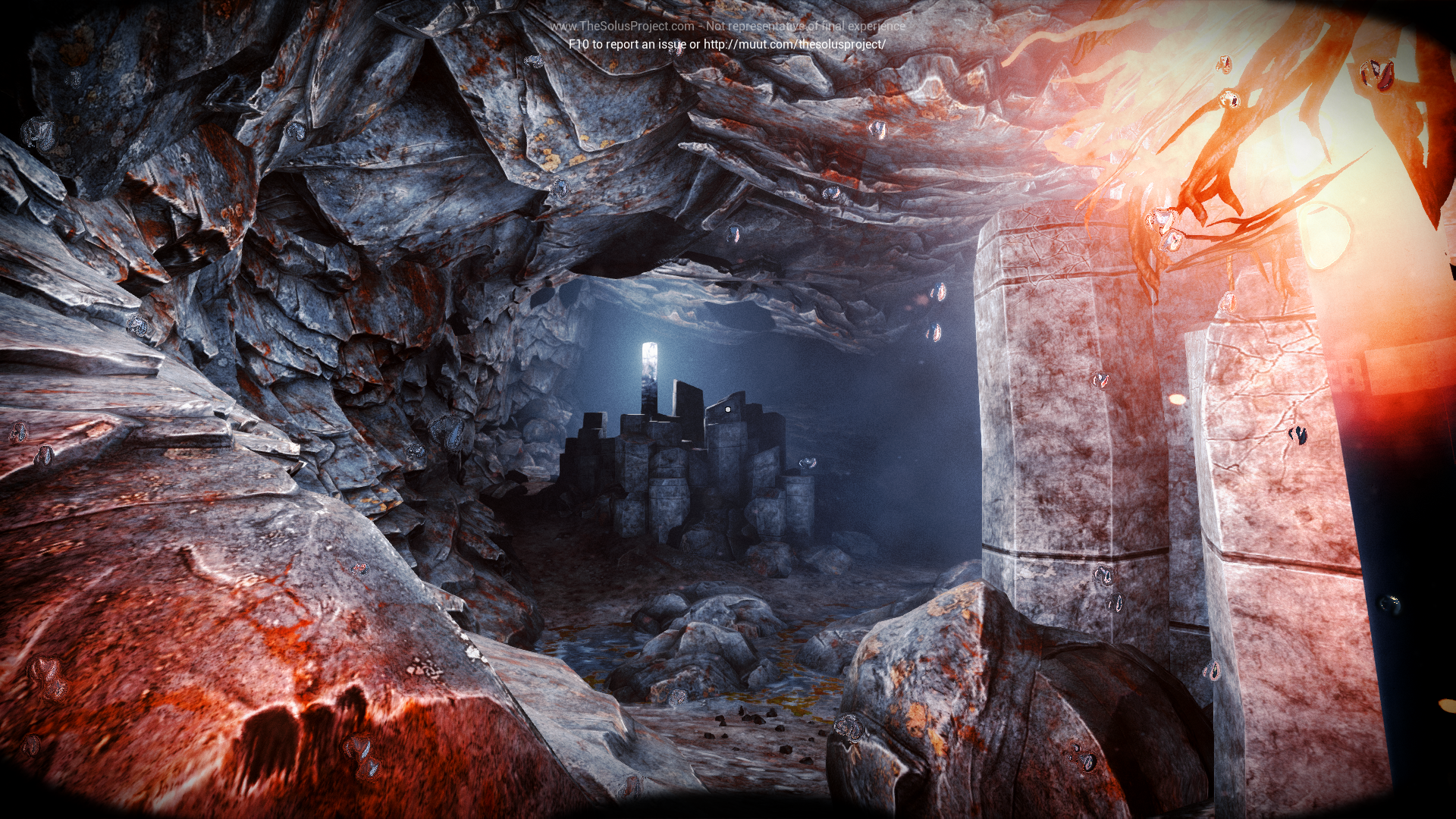

Chris started playing PC games in the 1980s, started writing about them in the early 2000s, and (finally) started getting paid to write about them in the late 2000s. Following a few years as a regular freelancer, PC Gamer hired him in 2014, probably so he'd stop emailing them asking for more work. Chris has a love-hate relationship with survival games and an unhealthy fascination with the inner lives of NPCs. He's also a fan of offbeat simulation games, mods, and ignoring storylines in RPGs so he can make up his own.

